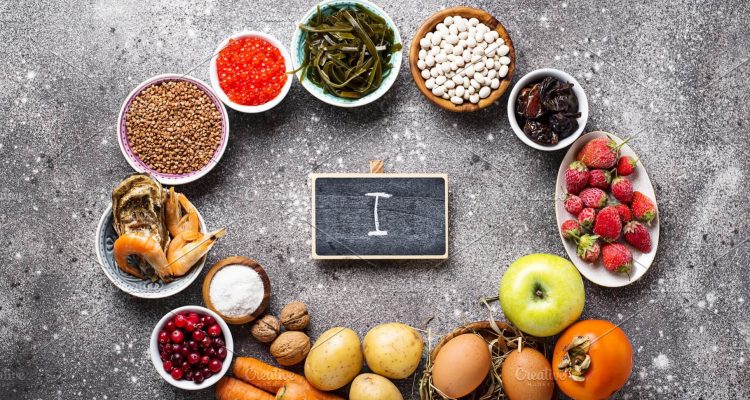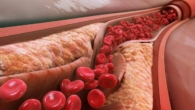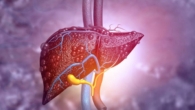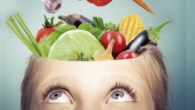
Benefits and taste: 8 foods with the most iodine
0
Iodine – a vital trace element that is a component of thyroid hormones, which participate in the development of all organs and systems, are responsible for the exchange of proteins, fats, carbohydrates and energy in the body, regulate the activity of the brain, nervous and cardiovascular systems, sex and mammary glands . The daily dose of iodine for most adults is 150 mcg per day. Pregnant or lactating women need even more – 220 mcg.
However, the body cannot produce iodine on its own, which means that it must be obtained from the diet. We understand which products should be used for nutrition in order to avoid deficiency states.
Kombu
This is brown seaweed that can be bought in dried form or in the form of small powder They are often used in Japanese cuisine, for example in a traditional soup called dashi. Algae in general are rich in iodine, and kombu is especially rich. According to research, 100 g of kombu contains up to 298.4 mg of iodine. And this exceeds the recommended daily allowance (150 μg) by 1,989 times.
Nori
This is a type of red algae. They are usually used for making sushi or rolls. But, unlike brown algae, there is much less iodine in nori: 100 g contains from 1.6 to 4.3 mg of this element. However, this is still almost 29 times more than the daily norm.
Cod
This marine fish contains relatively few calories, but it contains a large number of various minerals and nutrients, including iodine. So, 100 g of cod contains approximately 170 μg of iodine, or 113% of the recommended daily allowance. The amount of the element in fish can vary slightly: wild-caught fish has slightly more iodine than farm-raised fish.
Milk
Cheese
Almost all types of cheese are quite rich in iodine, but it is most abundant in cheddar and mozzarella. So, 100 g of cheddar contains about 40 μg of iodine, that is, 27% of the daily norm. Cheese also contains vitamins A, B1, B2, B12, C, D, E, PP, pantothenic acid, as well as other acids, minerals, calcium, phosphorus. In addition, the proteins of this product are absorbed much better than milk proteins. Cheese stimulates the appetite and has a good effect on digestion.
Iodized salt
100 g of iodized salt contains approximately 4733 mcg of iodine. However, it is recommended to consume no more than one teaspoon of this product per day – it contains 109 μg of iodine, or 73% of the daily norm. However, salt also contains sodium, which is not very healthy. In addition, sodium abuse can lead to reduced stores of magnesium, calcium and potassium in the body. However, studies show that sodium is unlikely to harm you if you do not suffer from high blood pressure.
Shrimp
Eggs
One egg contains only about 100 calories, but at the same time it is rich in protein, healthy fats, vitamins and minerals, including iodine. Most of the useful substances are in the yolks. The content of iodine depends on the diet of the chickens, but on average, one egg contains 24 μg of this element, or 16% of the daily norm.









Leave a Reply